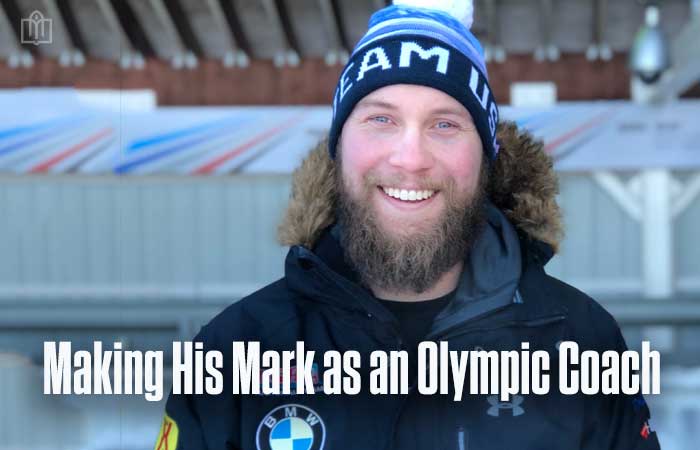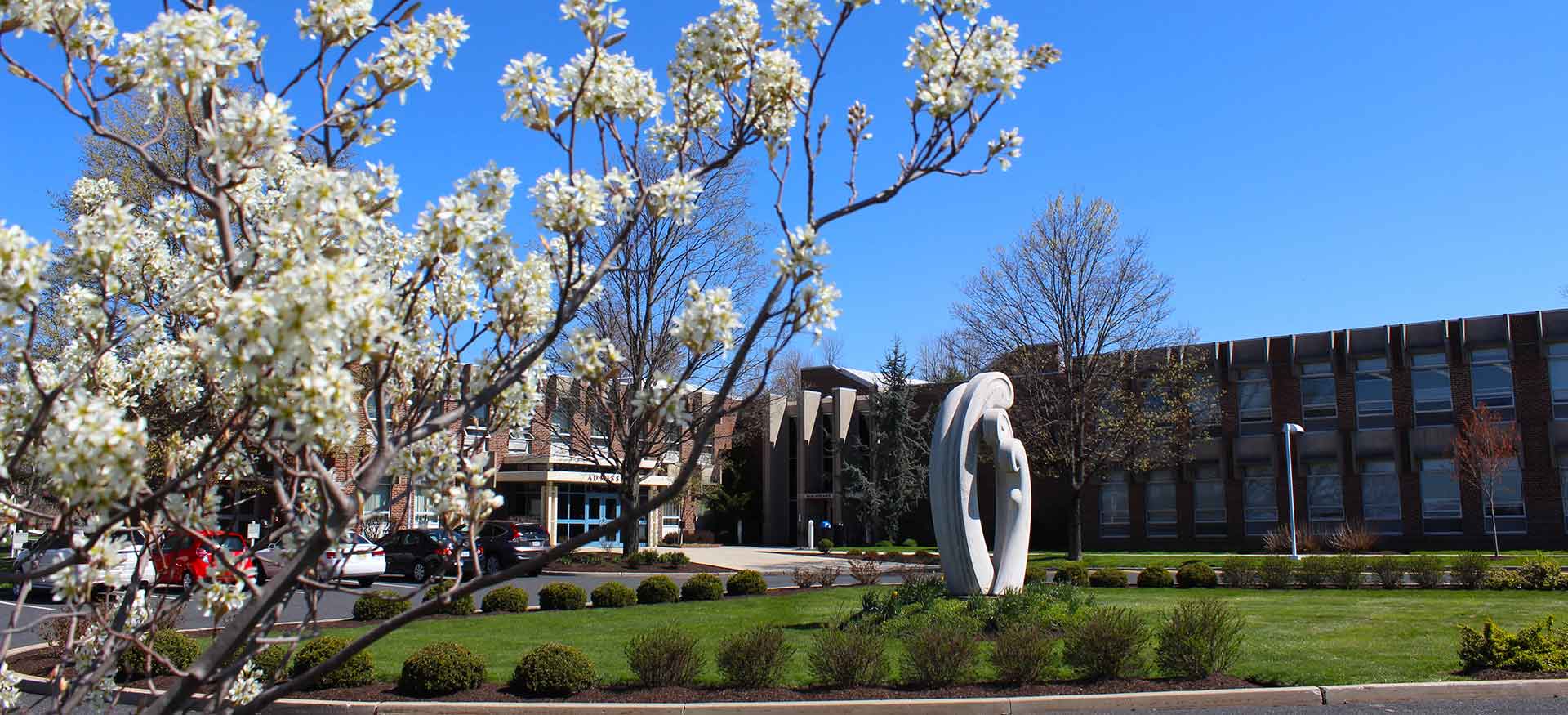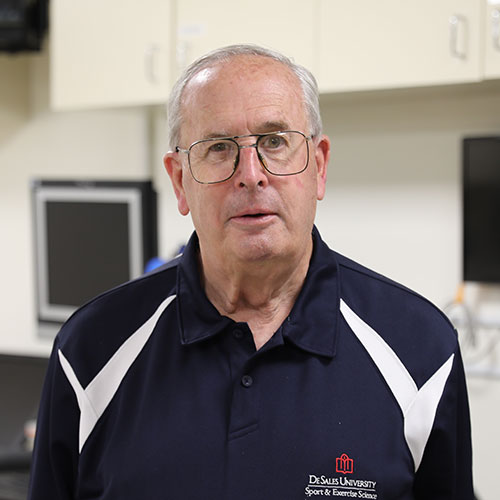Chasing Gold: Sport and Exercise Physiology Alumnus Making His Mark as Olympics Coach

Imagine barreling down a bobsled track at 75 miles an hour, your force of gravity reaching a staggering four and a half G's. You're not doing it for fun or because of some twisted dare. You're doing it for experience—work experience that is.
"I wouldn't say it was fun," jokes Josh Medvecky '12, an assistant strength and conditioning coach with the United States Olympic Committee (USOC). "It was a crazy, thrilling experience."
Medvecky made it down the mile-long track in just 59 seconds. There were no seatbelts to strap him in and the only thing separating him from a wall of ice was the sled he was riding in. The idea might seem crazy to some, but as a strength and conditioning coach, Medvecky wanted to know exactly what his athletes experience.
"I definitely have a new respect for the athletes," he says. "It helps you wrap your mind around it and you really have an understanding of what they're doing."
Medvecky grew up in Hazleton and was originally drawn to DeSales because of the Physician Assistant program.
"I started out as a PA. But after about a year, I realized it wasn't quite what I wanted to do. I spoke with Father Burns and he recommended sport and exercise science."
During his time at DeSales, Medvecky competed on the track and field team and studied abroad at St. Mary's University in London. After graduation, he worked in corporate fitness, then as a strength and conditioning and track and field coach at Philadelphia University.
By 2015, he returned to St. Mary's to get his master's in applied sport and exercise physiology. In addition to his studies, he spent time working with a professional soccer team and developing elite rowing athletes — doing everything from collecting data, monitoring athletes' heart rates, leading warm ups, and developing recovery and nutrition strategies.
"It didn't quite hit me until I was in my post-graduate studies that I can do a lot more. That's when I started pushing for elite sports."
Medvecky graduated from St. Mary's in March of 2017. By May, he landed a job with Team USA working with the bobsled, luge, and skeleton teams in Lake Placid, New York.
His typical workday is more like a balancing act between the different teams. He'll start in the weight room with the luge team — making sure the athletes' forms are correct, that they're doing the right exercises correctly and safely, and assessing any injuries.
Then, he's bouncing between the bobsled and skeleton teams — coaching sprint techniques, push techniques, and making sure the athletes are doing their reps the right way.
"What's great about working with Olympic athletes is that I can spend as much time as I want with them," he says. "Sometimes, I see athletes eight hours a day. I get to have a lot of deep conversations with them. What they're training for, their goals."
Some of those athletes include Chris Mazdzer, who launched his way into Olympic record books by winning the U.S. its first medal in the men's singles luge, and Elana Meyers Taylor and Lauren Gibbs, who took home silver in the women's bobsled competition.
Medvecky wasn't able to go to Pyeongchang but he's setting his sights on the 2020 Summer Olympics in Tokyo or the 2022 Winter Olympics in Beijing.
"It's really humbling and exciting to see them [compete in the Olympics]. To see them do well puts a big smile on your face because you know that you were a part of that."
In addition to the USOC, Medvecky also works for the New York Ski Educational Foundation, developing and overseeing programs for younger alpine skiers who hope to one day make their mark on Olympic history.
In the future, he hopes to work his way up to become a high performance director or physiologist with the USOC or a National Governing Body. But for now, he's living his dream while helping some of the world's best athletes chase gold.
"Sometimes I lie back and think, 'Wow this is my job.' I get to hang out with Olympians all day. There's no word for it other than amazing."
Learn more about Sport and Exercise Physiology at DeSales »





